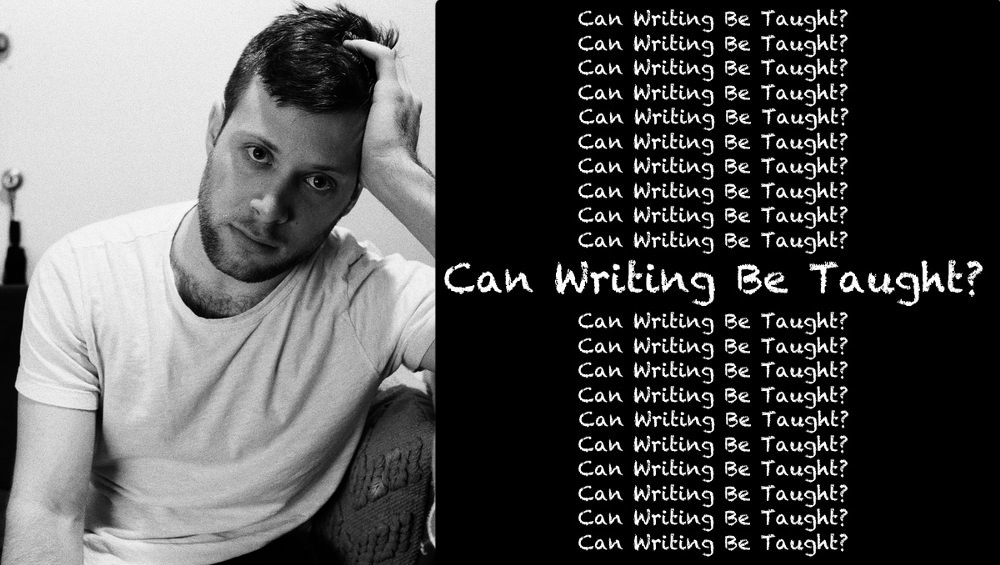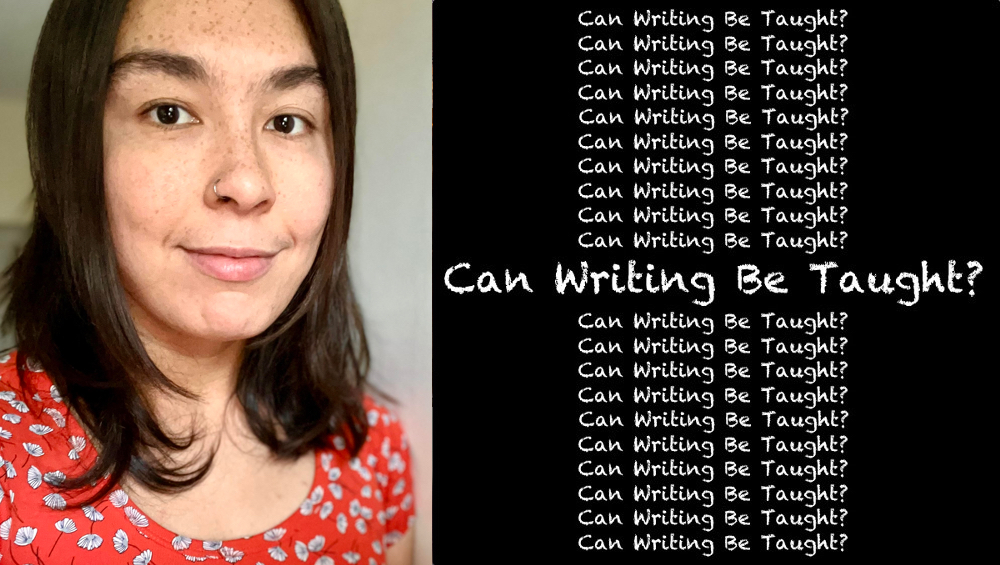Advice
Adin Dobkin Admits He’s in the Pocket of Big Sandwich
Ten questions about teaching writing with the author of "Sprinting Through No Man's Land"

In our series “Can Writing Be Taught?” we partner with Catapult to ask their course instructors all our burning questions about the process of teaching writing. This month we’re talking to Adin Dobkin, author of the forthcoming book Sprinting Through No-Man’s Land: Endurance, Tragedy, and Rebirth in the 1919 Tour de France. Dobkin is teaching an open-genre workshop about developing a research toolkit for writing, learning to find and use factual information to support both nonfiction and fiction work. We talked to him about photography, sandwiches, and how a writing workshop is not a zero-sum game.
What’s the best thing you’ve ever gotten out of a writing class or workshop as a student?
The best workshop participants wade through the muck of an early draft to understand what you’ve put on the page but haven’t realized, and what you haven’t put on the page but which you should. The most meaningful gift workshops have given me, however, is a better understanding of the constellation of works a given piece is in conversation with. They inevitably expand our conception of what a work is and could be and what avenues future works can travel down.
What’s the worst thing you’ve ever gotten out of a writing class or workshop as a student?
In nonfiction workshops, I’ve sometimes encountered the privileging of self-revelation over intellectual inquiry. If wielded by a workshop leader, it can turn into a cheap method of writing a piece that’s successful in the classroom but doesn’t accomplish much. I’ve also seen people treat the workshop as a zero-sum setting. It’s not! Writing is not! Every person in a workshop is a custodian of a common literary community whose limitations are created by market forces and those individuals in power, not by other writers. It’s shitty for everyone–the person who thinks like that and the persons who must bear it—when that environment exists in the room.
What is the lesson or piece of writing advice you return to most as an instructor?
I have a contentious relationship with writing advice. It only works when it’s explicitly, “Here’s how I did it. You can try and see if some version works for you,” which is the lesson I return to: one should learn how to not accept things in the classroom. I entered my first creative writing class wildly intimidated. If you’re in a conventional workshop, as I was, you’re encountering feedback that appears like dicta passed down from up high. It’s not. And the more confident that person is while saying it, the less you should trust them. *
* except when they’re right
Does everyone “have a novel in them”?
Cosmically, yes. Writing is great and far better than most other sorts of work if you have the personality for it. It can be miserable if you don’t. But people see the output and not the labor required. Anyone can sit down and start writing: many people do, some smaller number continue, and some even smaller number—but not so small—finish. Then there are those who relish everything that comes after. Others don’t enjoy it but recognize its importance and are willing to put up with it. And some don’t and aren’t and that’s why my cosmic answer isn’t of much use in practice.
Would you ever encourage a student to give up writing? Under what circumstances?
I can’t imagine the circumstances in which I’d give that advice. I don’t even know what it means to give up writing, except in some melodramatic, monkish way. Writing is trying and failing and aspiring to some ideal and not reaching it. I’ve told people they should stop researching and move onto writing, or they should think about a work differently, or consider the reasons they’re choosing to write something, but to just give it up? No.
What’s more valuable in a workshop, praise or criticism?
The short answer is both. I’m against false praise or feeling as though you must make it through praise to get into the meat of a workshop, which is one limitation of the conventional model. With that said, a trusted reader who is genuinely excited about something I had maybe toned down in an early draft is often more meaningful and revelatory than someone taking issue with some element they’ve found. In other words: average criticism is more valuable than average praise, but good praise is more valuable than good criticism.
Should students write with publication in mind? Why or why not?
I’m someone who considers the structure, shape, and object of the work at an early stage. Sometimes, the first thing I look at after an idea plants itself in my mind is what mode will come closest to consummating that vision. Part of that thinking can be publication. We’re writers because we want our work out there. And there are practical constraints, too. We’re so quick as writers to ignore them, to say in the classroom, “don’t worry about all that.” Well, if an outlet pays for expenses, I can maybe travel and visit a place I’d like to write about. If I have an advance of some size, I can set down other projects, I can buy more books for research, I can not worry for a moment. If you remain flexible and keep your allegiance to the story and the mode which helps you reach those creative aspirations, I don’t see anything wrong with considering the publication of a work.
In one or two sentences, what’s your opinion of these writing maxims?
- Kill your darlings: Was it Kingsley Amis who talked about finding the perfect word, moving onto the next one, finding the next perfect word, and so on? In any case, the aim of a writer should be to make every sentence as close to a darling as possible, which makes the massacres less emotionally taxing.
- Show don’t tell: Interesting and legible telling is more rewarding and difficult than interesting showing. But it requires the writer to have something they really want to say, on a deep intellectual level, which is unfortunately a different matter than writing.
- Write what you know: I never liked it. A better construction is “write what you genuinely want to know,” which I think covers the misstep of talking out of your ass while leaving open room for discovery.
- Character is plot: I like the sound of it! I don’t know if it’s true. Characters–if they exist in real life–will always be more complex and unknowable than they are on the page. They should be allowed to make decisions that go against everything they’ve done before. Maybe it’s more accurate to say plot is the child of character?
What’s the best hobby for writers?
Something mechanical if you’re asking me to institute my way of life on anyone else. I like photography as one that’s mostly rote processes with a single moment of inspiration. The process of developing and printing is nicely mindless once you understand basic procedures. I can listen to music, stare off, so long as I keep track of time; all things I can’t do while writing. It also lets me consider the ways in which another creative medium can convey images, ideas, stories better and worse than my chosen one.
What’s the best workshop snack?
I’m in the pocket of Big Sandwich.








